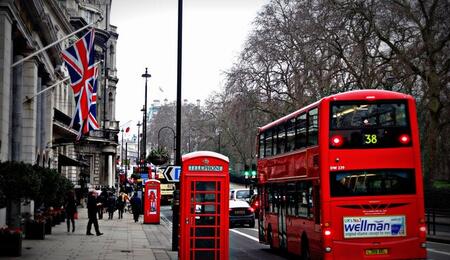What Would Legalisation Mean for the UK?

Office for National Statistics (ONS)figures show that cannabis has consistently been the most-used drug in England and Wales since 1996
Eight per cent, or 2.6 million, UK adults aged 16 to 59, reported using cannabis in the year to March 2020. About £2bn is spent on cannabis a year. That is more than cocaine (£1.9bn) but less on opiates such as heroin (£4bn). As per the findings of Dame Carol Black's independent review of the drugs trade in 2021.
Malta is the first European Union country to legalise cannabis. Adults can carry up to seven grams for personal use and grow up to four plants at home.
This follows the United Nations' move to reclassify cannabis last year for its therapeutic uses. Many see Malta's recent ruling to legalise cannabis as a huge step.
With more EU countries embracing recreational use, will the UK follow suit?. Some supporters say that we will be left behind if we don't.
The move to legalise would stop small-time cannabis users from facing the criminal justice system. It would also "curb drug trafficking by ensuring users now have a safe and regularised way to obtain cannabis.
When handled poorly, legal regulation can increase the opportunity for the black market to grow. However, the black market can be reduced when appropriately managed. High-quality production and distribution would leave consumers safe to explore safe products with multiple health benefits.
The UK is the second-largest consumer cannabinoid market after the US. Legalising cannabis would benefit the CBD market, which would see a price drop. This would make products more affordable in the Uk and where they are exported.
The UK economy shrunk by 9.9% in 2020 due to coronavirus. The appeal of additional tax revenue from legalising cannabis must be looking pretty lucrative to the Uk government? It would fill a hole in the chancellor's pocket.
Removing prohibitions on cannabis use and possession and establishing collaborative models for distribution are among one drug charity's 14 "principles" to move the UK toward "inevitable" legalisation.
Allowing home growing and "automatic expungement" of historic cannabis-related convictions are part of a proposal examining equity and social justice enterprises.
The report ' Regulating Right, Repairing Wrongs' also calls for cannabis "social clubs" like those in Spain to be incorporated into new laws.
The recommendations are written up by the national centre of expertise on drugs and UK drugs laws "Release". They also suggest that any tax revenue could be invested in neighbourhoods that have suffered from being "over-policed and over-criminalised". Whilst also supporting interventions and treatment initiatives.
Despite unprecedented restrictions on border controls during the pandemic, the drug market did not seem to suffer. The view is that drug use is increasing, not decreasing, proving that UK drug policy does not work.
Home Office's research has shown that the estimated £1.6bn spent per year on drug law enforcement does not impact drug use levels. It's time to try something new. The regulation of cannabis markets is no longer just a theory. It is being examined and implemented by governments worldwide".
It's time for a change, UK!











